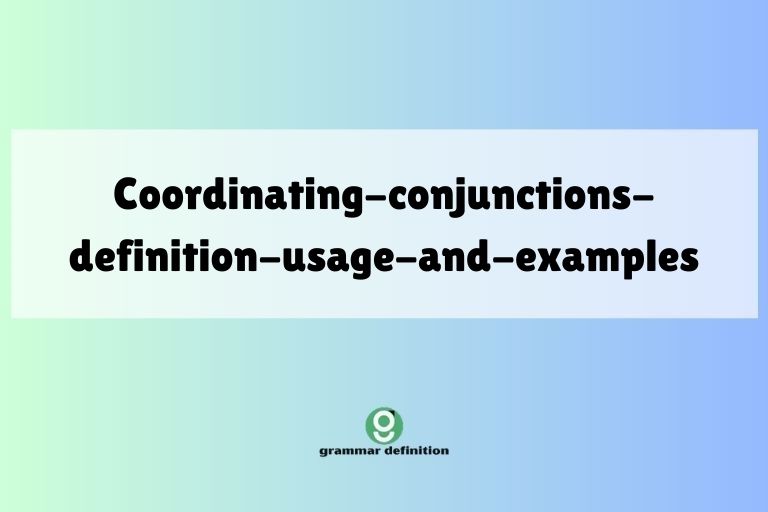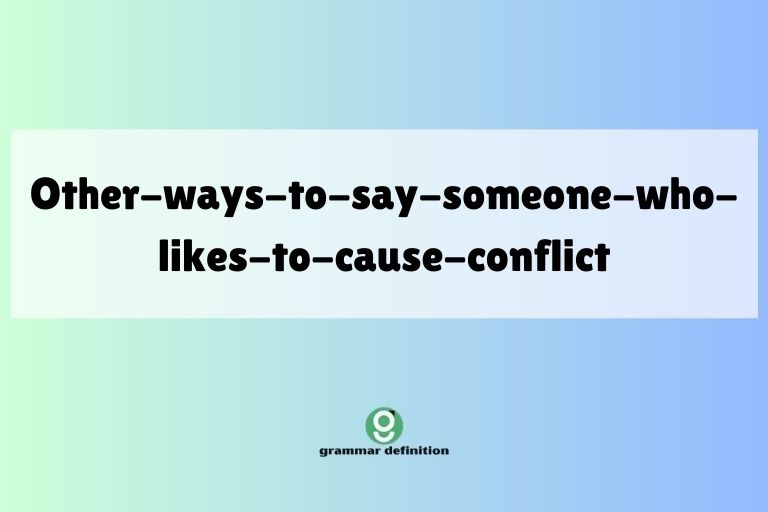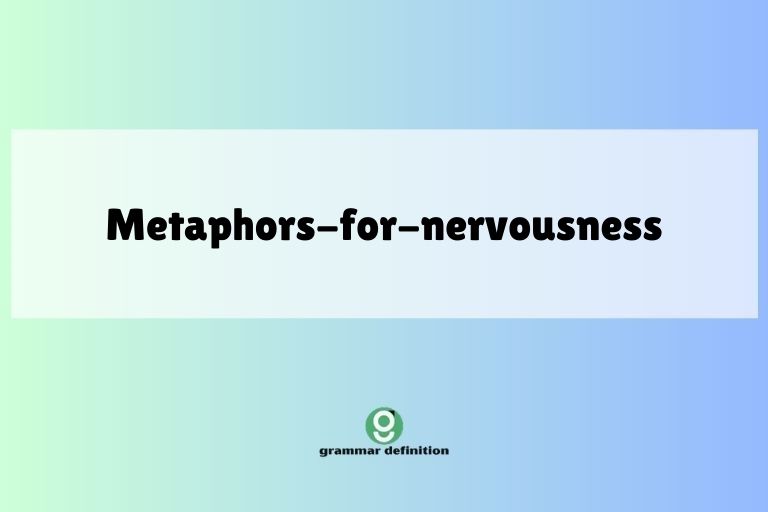Similes for Sadness: A Comprehensive Guide
Sadness is a universal human emotion, but expressing its depth and nuance can be challenging. Similes, figures of speech that compare two unlike things using “like” or “as,” offer a powerful tool to articulate the various shades of sorrow. Mastering similes for sadness enhances your descriptive writing, allowing you to convey emotions more vividly and … Read more










